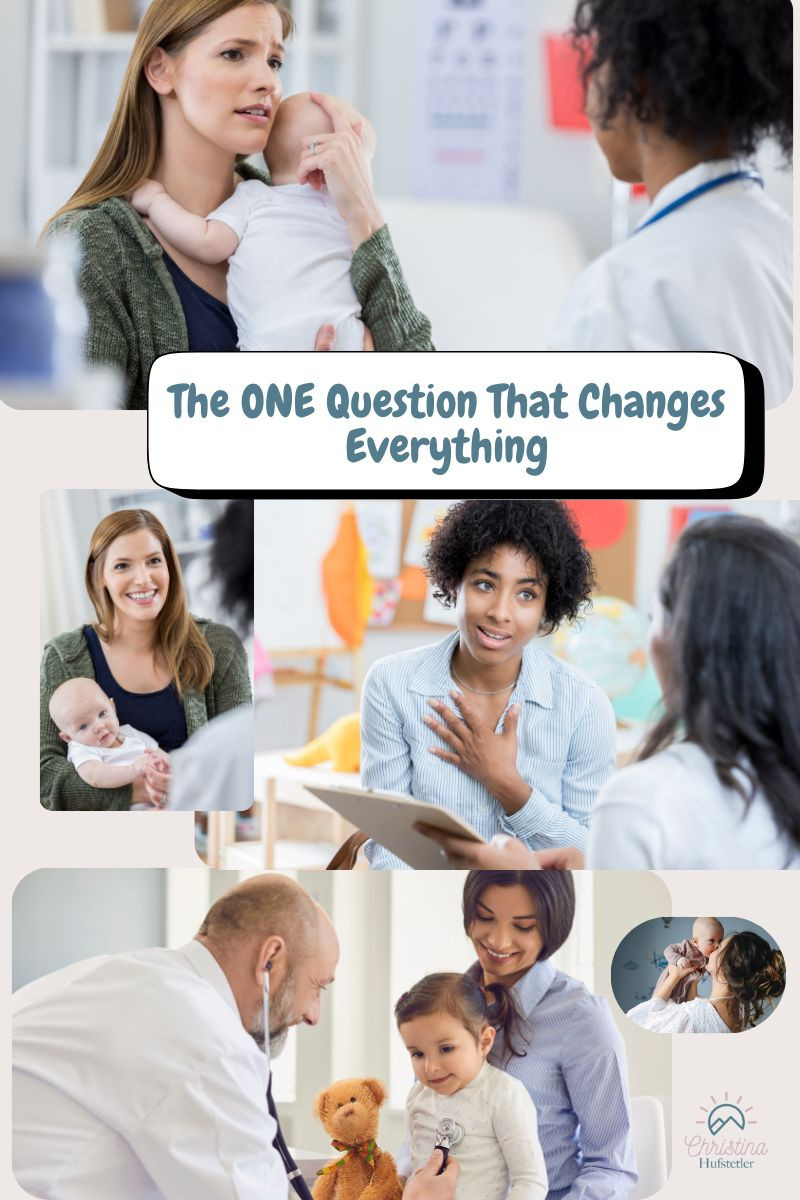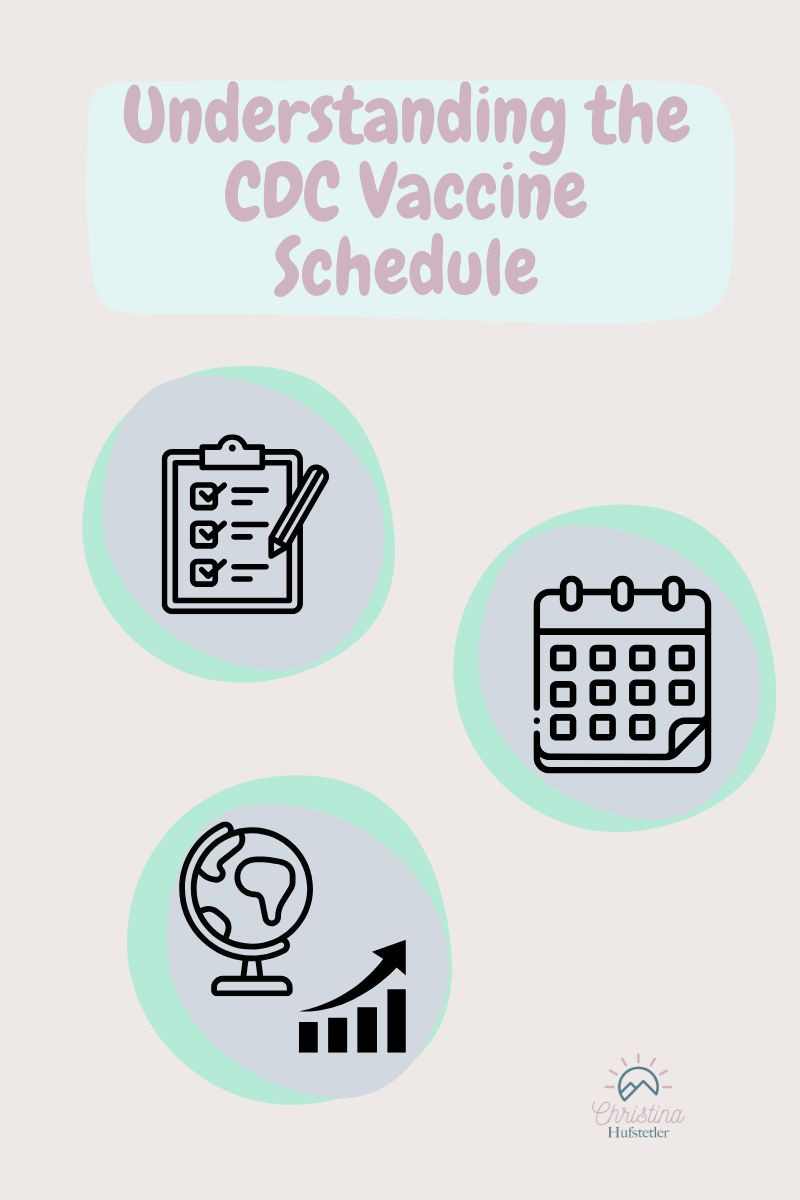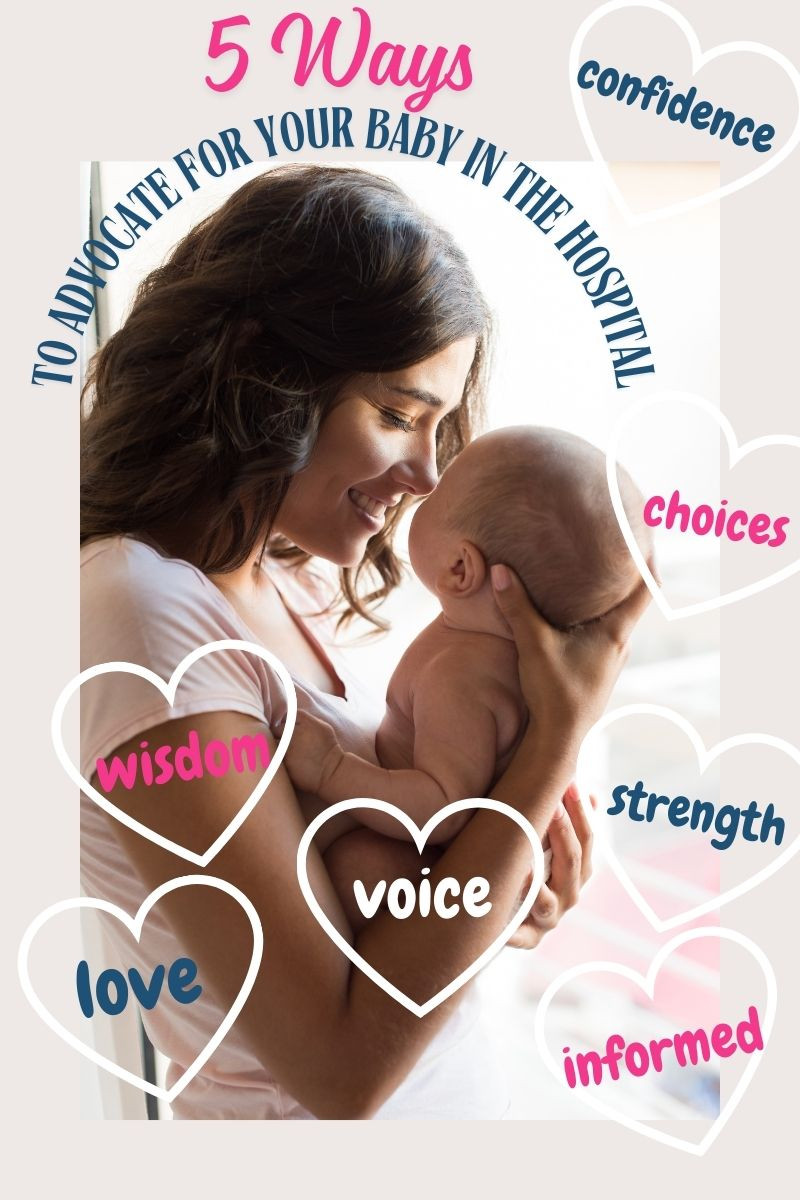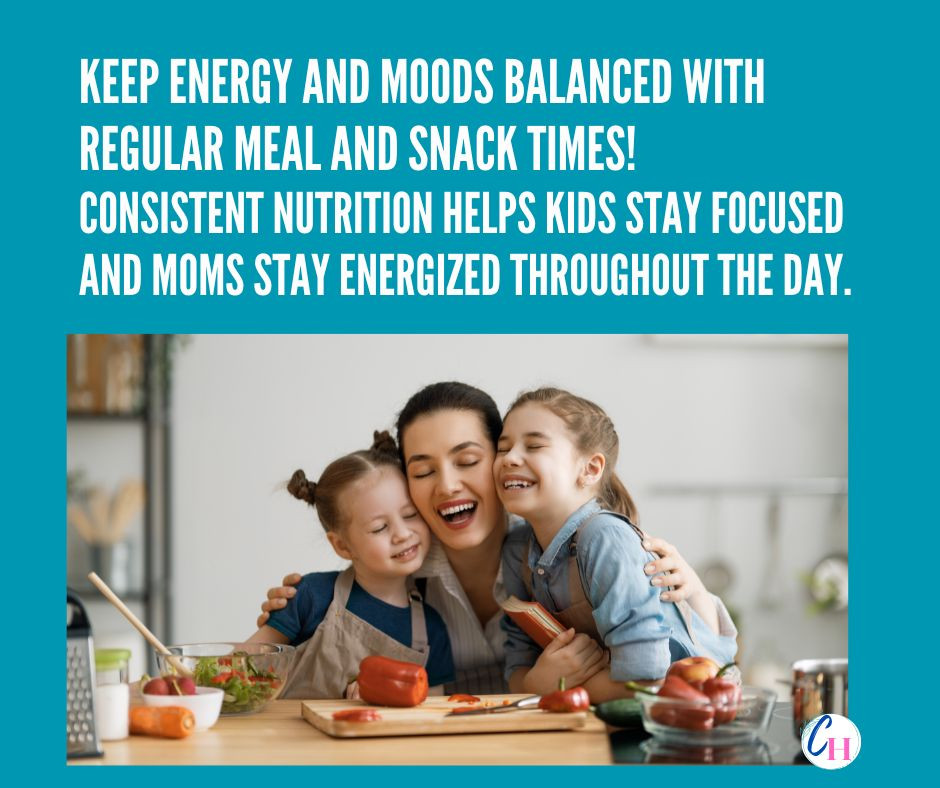
Navigating your child's healthcare can be daunting, especially when you feel unheard or pressured during doctor visits. As a mom, you are the ultimate advocate for your child, and it's essential to feel empowered in medical settings. This article explores five vital questions that can transform your experience at your child's next appointment, ensuring you receive comprehensive information and maintain confidence in your decisions.
The first question encourages asking about the risks and benefits of any proposed treatment or procedure, emphasizing informed decision-making. Requesting the full vaccine insert can also provide essential details often missing from standard summaries. It’s vital to consider alternative ways to support your child's health, opening the discussion for holistic approaches that might complement conventional treatments.
The fourth question, pivotal for many, is about whether your healthcare provider will respect your choices, revealing the nature of your relationship with them. The final step is assessing how you respond to their answers, determining if they are a right match for your family's healthcare philosophy. Remember, your insight and understanding of your child are invaluable, and finding a supportive healthcare team that respects your advocacy is key to your child's wellness journey.
Read more...
As parents, making informed decisions about our children's health is paramount. This article sheds light on crucial aspects of the childhood vaccine schedule, challenging common assumptions about vaccine safety testing. It reveals that routine childhood vaccines are not subjected to the same rigorous, long-term placebo-controlled trials as other pharmaceutical drugs, and that many trials only monitor side effects for a short duration, potentially missing long-term issues.
The article also clarifies that the CDC's vaccine schedule is a recommendation, not a legal mandate, and that vaccine requirements differ by state with various exemptions available. It highlights the significant increase in the number of recommended doses since 1983, now totaling 72 by age 18. This expansion raises questions about the correlation between the vaccine schedule and overall child well-being, as the U.S. ranks poorly in child health despite its extensive vaccination program.
For parents seeking to make confident, informed choices, the article encourages further research and provides resources for deeper exploration. It invites readers to engage in the conversation and share their thoughts on the surprising facts presented, fostering a community of empowered decision-makers.
Read more...












